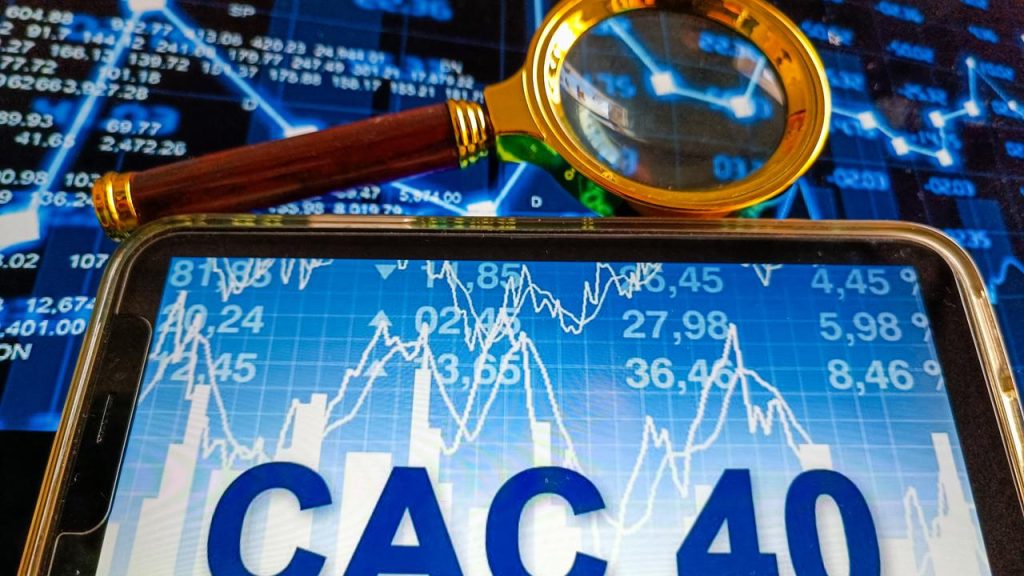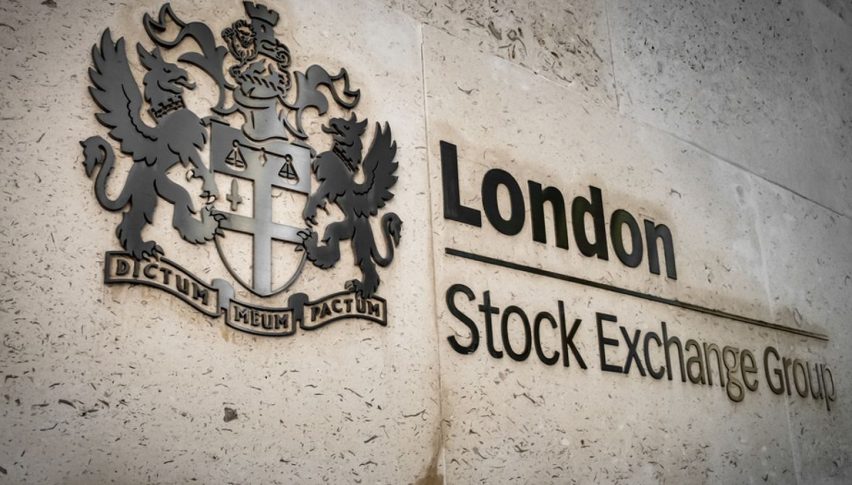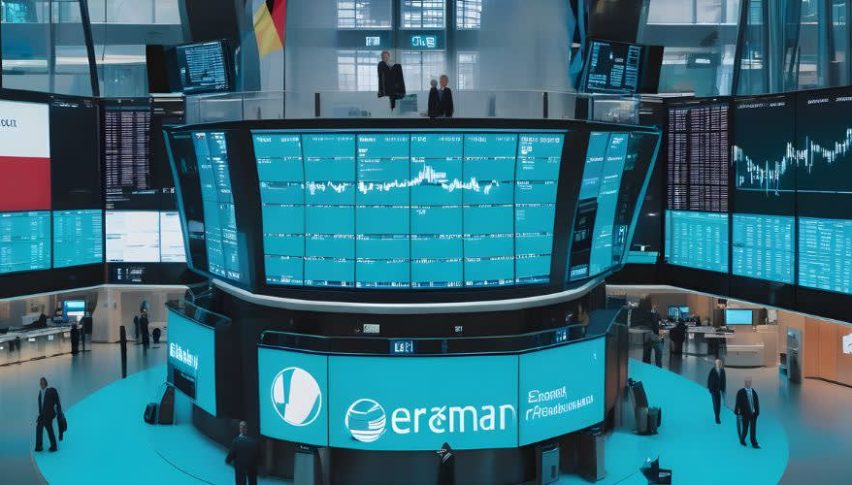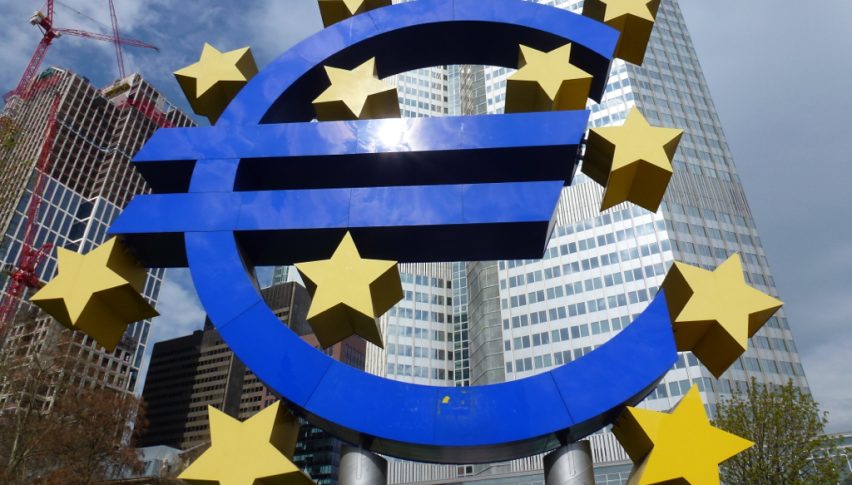
While US stocks continue to hit new highs, the French stock market is riddled with concerns from domestic policy to new tariffs.
The campaign comments from Trump have, among other things, highlighted his protectionist stance on trade. He has mentioned various time that imports should have high tariffs to protect American jobs.
Economists believe that may lead to higher inflation, although I doubt that would be the case. Trump is also going to unleash America’s full potential in energy production, which will bring down cost across the board.
At the end of the day, the US produces everything it needs, higher prices for imported goods should not then create inflation.
The real problem is for the rest of the world, the DAX opened down 0.75% on the day and the possibility of trade war is one of the main factors pushing stocks lower. France exports around $10 billion of goods per month to the US.
The country also has a positive trade balance with the US, so any tariff war would significantly hurt GDP and CAC performance. Then there is still the looming question of French politics.
There is no outright majority in the national assembly and the most voted party will have to conjure unlikely alliances with far left and right parties to govern. This makes the notion of swift legislation difficult to imagine.
CAC40
ECB to the Rescue
The ECB monetary policy loosening was seen as a possible savior of beleaguered stock markets like the CAC. However, the successive interest rate cuts have already been priced into the market.
If they fail to materialize I expect some backlash across the broader market. Not to mention if there is a change in policy direction. For now, there is already talk of the possibility of slowing down further cuts.
The forward risk some analysts are seeing is that Trump policies will spark a rise in inflation. Putting the Fed on pause, and possibly weighing on the ECB’s possibilities in continuing to reduce interest rates.
Finland central bank chief Rehn stated today that the speed of future rate cuts will depend on various factors including inflation outlook. Although he believes that the central bank rate will be at the neutral level by mid-2025.
Just for clarity the ECB does not have a consensus on what the neutral level for rates is amongst its members. However, Rehn estimates it to be between 2.2% and 2.8% with inflation at 2%
















